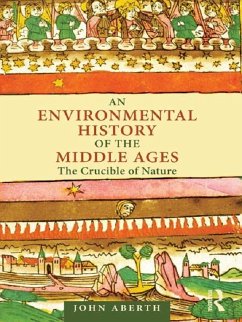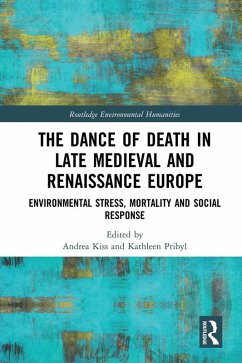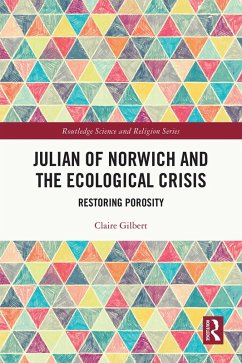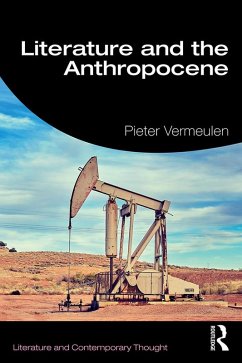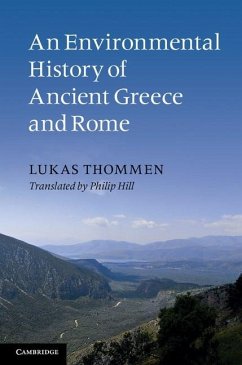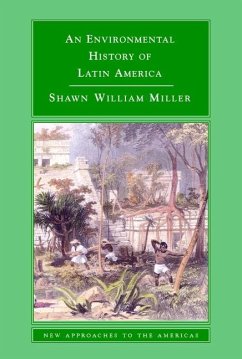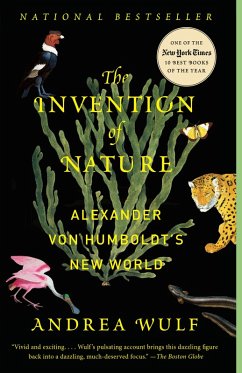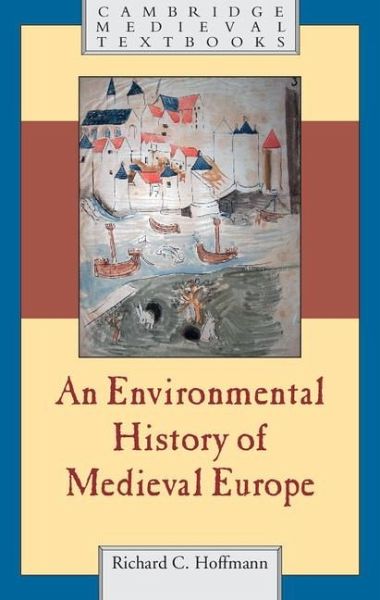
Environmental History of Medieval Europe (eBook, ePUB)
Versandkostenfrei!
Sofort per Download lieferbar
18,95 €
inkl. MwSt.
Weitere Ausgaben:

PAYBACK Punkte
9 °P sammeln!
How did medieval Europeans use and change their environments, think about the natural world, and try to handle the natural forces affecting their lives? This groundbreaking environmental history examines medieval relationships with the natural world from the perspective of social ecology, viewing human society as a hybrid of the cultural and the natural. Richard Hoffmann's interdisciplinary approach sheds important light on such central topics in medieval history as the decline of Rome, religious doctrine, urbanization and technology, as well as key environmental themes, among them energy use,...
How did medieval Europeans use and change their environments, think about the natural world, and try to handle the natural forces affecting their lives? This groundbreaking environmental history examines medieval relationships with the natural world from the perspective of social ecology, viewing human society as a hybrid of the cultural and the natural. Richard Hoffmann's interdisciplinary approach sheds important light on such central topics in medieval history as the decline of Rome, religious doctrine, urbanization and technology, as well as key environmental themes, among them energy use, sustainability, disease and climate change. Revealing the role of natural forces in events previously seen as purely human, the book explores issues including the treatment of animals, the 'tragedy of the commons', agricultural clearances and agrarian economies. By introducing medieval history in the context of social ecology, it brings the natural world into historiography as an agent and object of history itself.
Dieser Download kann aus rechtlichen Gründen nur mit Rechnungsadresse in A, B, BG, CY, CZ, D, DK, EW, E, FIN, F, GR, HR, H, IRL, I, LT, L, LR, M, NL, PL, P, R, S, SLO, SK ausgeliefert werden.




